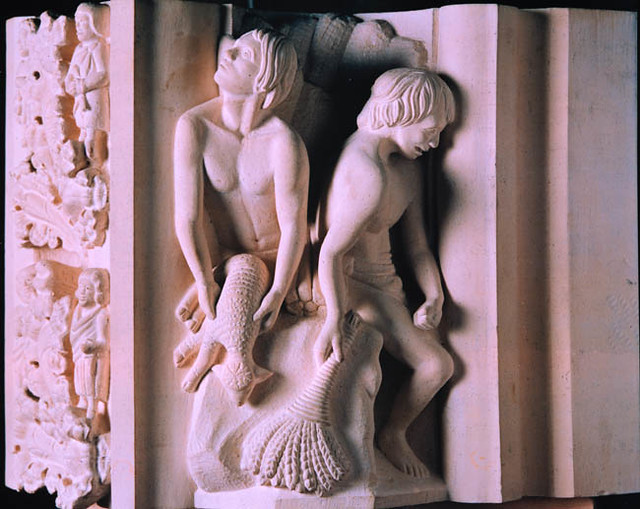NOTE: I lead the Children’s Service at my church on Sundays. Every week I write a reflection on a question from the Westminster Shorter Catechism. Please note that these posts reflect a frank expression of my faith (Reformed Presbyterian) and are specifically aimed at the parents of children at my church.
Q: What does the fifth commandment require?
A: The fifth commandment requires us to respect and treat others, whether above, below, or equal to us, as their position or our relationship to them demands.
What does it mean to honor something? To properly recognize its value. Worship, then, is a form of honoring—but only when the object of worship credits adulation. Justice, too, is a form of honor—when able to perfectly balance culpability and recompense. We always try to steal from God what belongs to Him while ignoring what we actually can, and are called, to do.
We must teach our children how to honor others, and to do that we must communicate fundamental truths about the value of others.
Every person is made in the image of God. There is an intrinsic value to each person. Though born with original sin, each person is made and deemed “good” by the Creator. We must recognize that all the differences we fixate on to ascribe social worth (race, class, appearance, ability, history, power) are all fundamentally cosmetic. And Christian humanism is mandated not by genetic commonality but the attention and intention of God that is both personal and universal.
We all share in sinfulness as well as in the availability of our salvation. Relative to God’s perfect demands, none of us can claim relative merit above or below any other. We’ve all failed as utterly as anyone else, and not a one deserve any measure of grace. Christ’s sacrifice, though, is sufficient for all — and we have no right to judge or claim to know who has, should, or will take that invitation. We must keep in mind that as deep and unfathomable and complete as God’s love has been for me, it has been so for all.
God works through people. God in his sovereignty shapes our experiences, including the persons he places in our path. His grace to lead us into salvation and his promise to guide us through sanctification is done through everyday life, including its suffering, frustrations, tragedies, and annoyances. God not only sends ministers, helpers, and friends, but also allows enemies, dependents, and tyrants.
Conversely, we must recognize that we are instruments for God’s redemption to others. We are to rep Jesus to everyone around us, compassionately serving and revealing the goodness in God’s intended design.
These are not easy truths to be consistent about, and when something like a terrorist attack occurs, they can be downright counter-cultural, never mind counter-intuitive. We must remember, though, that when we encounter sedition–whether in the form of a jihadist or own child–it not only challenges our values and authority, but also accuses our hypocrisy and failures of responsibility. We must still, in our own imperfect way, uphold order and justice, but we should also take the opportunity to honestly examine what this says about what we worship and how we value others.
As I reflected on last week’s sermon on the sheep and the goats, I suddenly realized that the parable foreshadows how Christ would take on the fallen-ness of the world. Yes, He is the judge at the apocalypse, but at the cross He is every wrong needing mercy, every deprivation needing fruit, every suffering needing solace, every crisis needing help. At these crossroads we find not only forgiveness but also purpose.
The fifth commandment tells us that behind every person is God. Are we to be God’s goat or lamb?
As a final note, I recommend the following listen from the BBC:
http://www.bbc.co.uk/programmes/b06nnnlt
It suggests that mounting psychological and sociological evidence indicate that in seemingly intractable conflicts what is needed first is a restoration of honor.

“Yes, He is the judge at the apocalypse, but at the cross He is every wrong needing mercy, every deprivation needing fruit, every suffering needing solace, every crisis needing help. ” Powerful reminder.
LikeLike